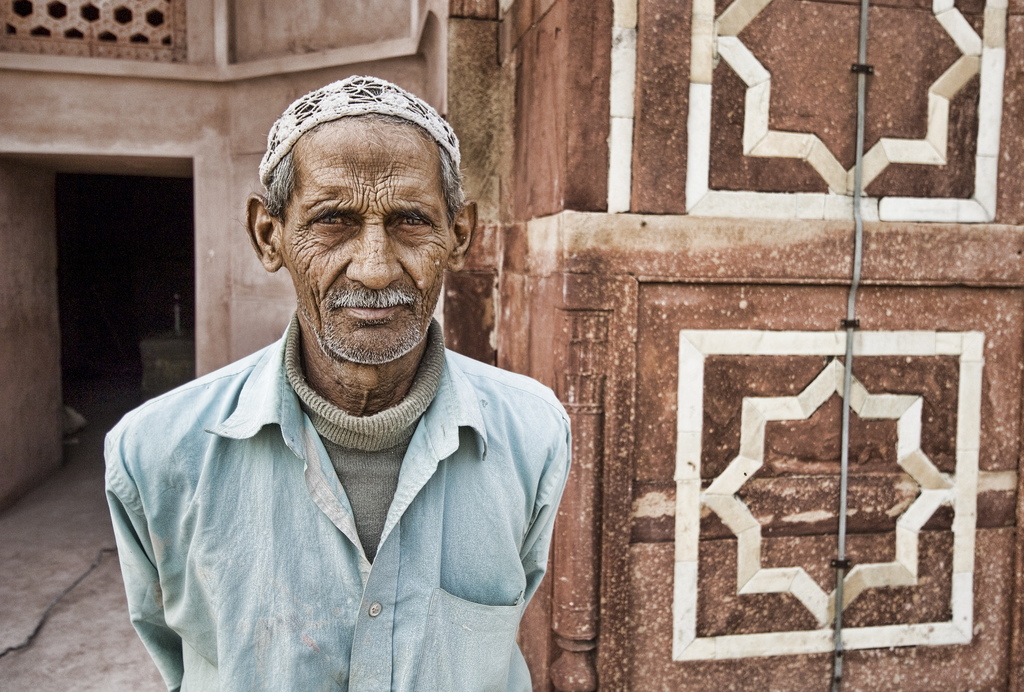Home » Course Layouts » Free Course Layout Udemy
Introduces mental health as an integral part of global health research, including conducting needs assessments and intervention monitoring and evaluation. Presents and critiques strategies for integrating local cultural perspectives into research models. Examines methods of adapting psychiatric assessment tools for use cross-culturally and presents challenges for developing interventions for use in low-resource contexts. Encourages the use of critical and creative thinking skills to discuss the issues involved in this relatively new area of study.
0
23
English
English [CC]
FREE
- Learn basic syntax that can apply to any language.
- Learn what is a programming language and the basic concepts for beginners.
- Understand what is Javascript in it's truest form.
- Know the basic syntax of Javascript.
- Know some hidden quirks in Javascript.
Description
Course Objectives
Upon completion of this course, students will be able to:- Describe prevalent mental health problems in developing countries and discuss the issues unique to understanding mental health in these contexts
- Illustrate ways that culture can affect mental health conceptualization, identification, and assessment
- Define and compare methods of cross-cultural assessment of mental health problems
- Recognize issues and challenges inherent in adapting strategies for research in developing countries
- Burden of disease and overview of mental health issues in low-resource countries
- Epidemiology of mental illness and the risk and protective factors unique to populations in low-resource countries and conflict zones
- Strategies for identifying and assessing mental health cross-culturally
- Techniques for instrument development and validation in developing countries
- Cultural issues in developing, modifying, and disseminating mental illness prevention and intervention strategies
- Special attention is paid to cross-cultural challenges in conducting appropriate mental health research in low-resource settings.
Readings
World Health Organization: The World Health Report 2001 - Mental Health: New Understanding, New Hope. Available at http://www.who.int/whr/2001/en/Course Requirements
This is a three-credit course that runs for eight weeks. The course begins with overview classes on defining mental health and understanding the epidemiology of disorders in the developing world, including risk and resiliency issues. These are followed by a series of classes on cross-cultural research methods, including an introduction to qualitative methods for mental health research, a review of issues related to assessment validity, and a critical review of different prevention and intervention strategies. The course ends with topical classes that bring together the different research issues raised in earlier classes.Research Proposal
Over the course of the term, each student develops a research protocol on the global mental health topic and population of their own interest. Students are provided with sample proposals from previous years, and they develop the proposal over the 8 weeks to promote learning and applied writing skills. Students are encouraged to work with the instructor to discuss their topics and may request help in developing their proposal ideas. The sections of the proposal include: Statement of problem and literature review: Students are expected to obtain relevant background information on a mental health issue of choice. The review can encompass both Western and developing country literature but must focus on the issue as it may present in a low-resource country or conflict zone. Assessment and study protocol: Students are expected to research the assessment of the mental health issue they chose and discuss how they will modify an existing instrument, or if necessary develop a new one, as relevant to the developing country they are proposing to work in. The study protocol will continue to be developed in the context of understanding the cultural and logistical issues of working in these areas. Intervention strategy and concluding sections: For the final piece of the proposal, students are expected to cohesively lay out the major issues surrounding the development, modification, and/or implementation of a prevention or intervention strategy addressing their chosen mental health problem.
Textbooks
World Health Organization: Mental health and development: targeting people with mental health conditions as a vulnerable group. Publication Date: 2010. Available at: http://www.who.int/mental_health/policy/mhtargeting/en/index.htmlCourse content
-
- Lecture 1: Issues in Global Mental Health Research (Judith Bass) 01:40:00
- Lecture 2: Defining Mental Disorders (Judith Bass) 02:00:00
- Lecture 3: Mental Health in Complex Emergencies (Wietse Toll) 01:30:00
- Lecture 4: Processes of Risk & Resilience Part 1 (Judith Bass) 00:50:00
-
- Lecture 5: Processes of Risk & Resilience Part 2 (Judith Bass) 01:20:00
- Lecture 6: Culture & Mental Health (Judith Bass) 01:30:00
- Lecture 7: Qualitative Methods: An Introduction (Judith Bass) 02:00:00
- Lecture 8: Instrument Development: Assessment and Translation (Judith Bass) 00:50:00
- Lecture 9: Instrument Development: Adaption & Validation (Judith Bass) 01:40:00
- Lecture 10: Psychosocial & Mental Health Interventions: Selection & Adaption (Laura Murray) FREE 02:00:00
- Lecture 11: Vulnerable Populations (Judith Bass) 02:00:00
- Assignments 00:30:00
N.A
- 5 stars0
- 4 stars0
- 3 stars0
- 2 stars0
- 1 stars0
No Reviews found for this course.
Instructor
OpenCoursa
Accessible Education for Everyone
5
5
6
24772
4637
We are an educational and skills marketplace to accommodate the needs of skills enhancement and free equal education across the globe to the millions. We are bringing courses and trainings every single day for our users. We welcome everyone woth all ages, all background to learn. There is so much available to learn and deliver to the people.
Explore Free Courses
Access valuable knowledge without any cost.
{"title":"","show_title":"0","post_type":"course","taxonomy":"course-cat","term":"engineering-skills,health-and-safety","post_ids":"","course_style":"free","featured_style":"course6","masonry":"","grid_columns":"clear4 col-md-3","column_width":"268","gutter":"30","grid_number":"4","infinite":"","pagination":"","grid_excerpt_length":"20","grid_link":"1","grid_search":"0","course_type":"","css_class":"","container_css":"","custom_css":""}










